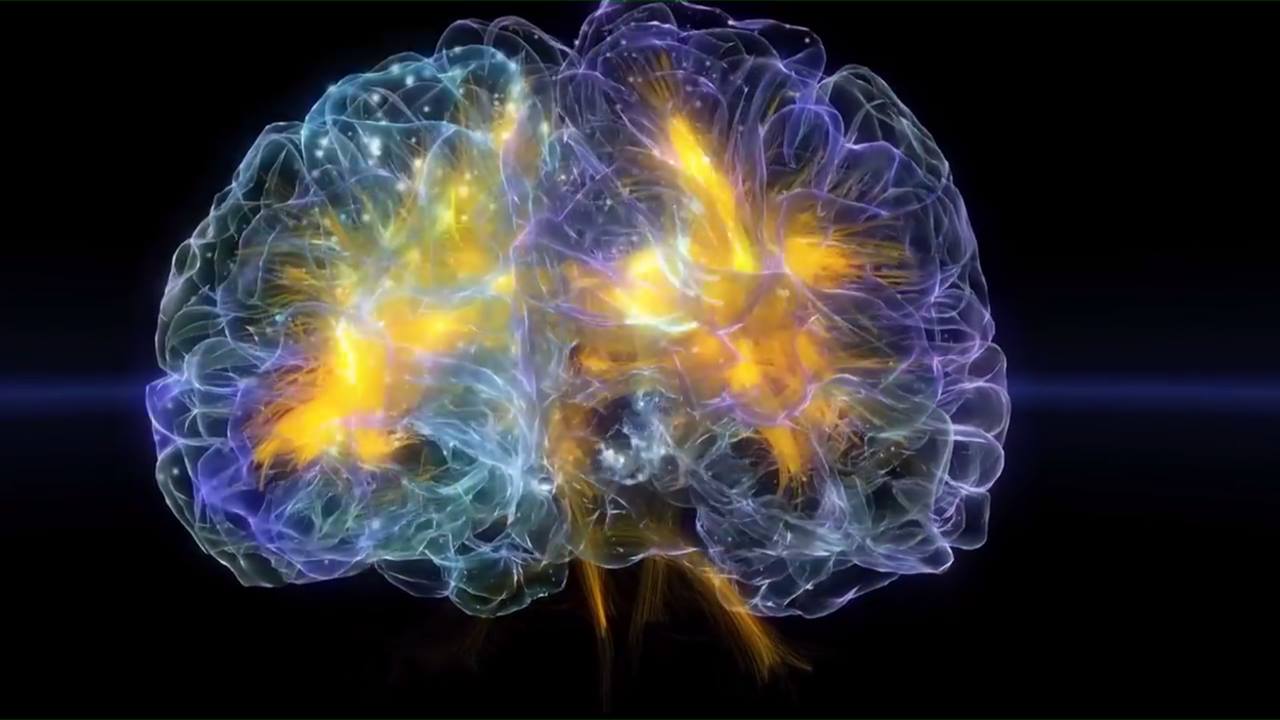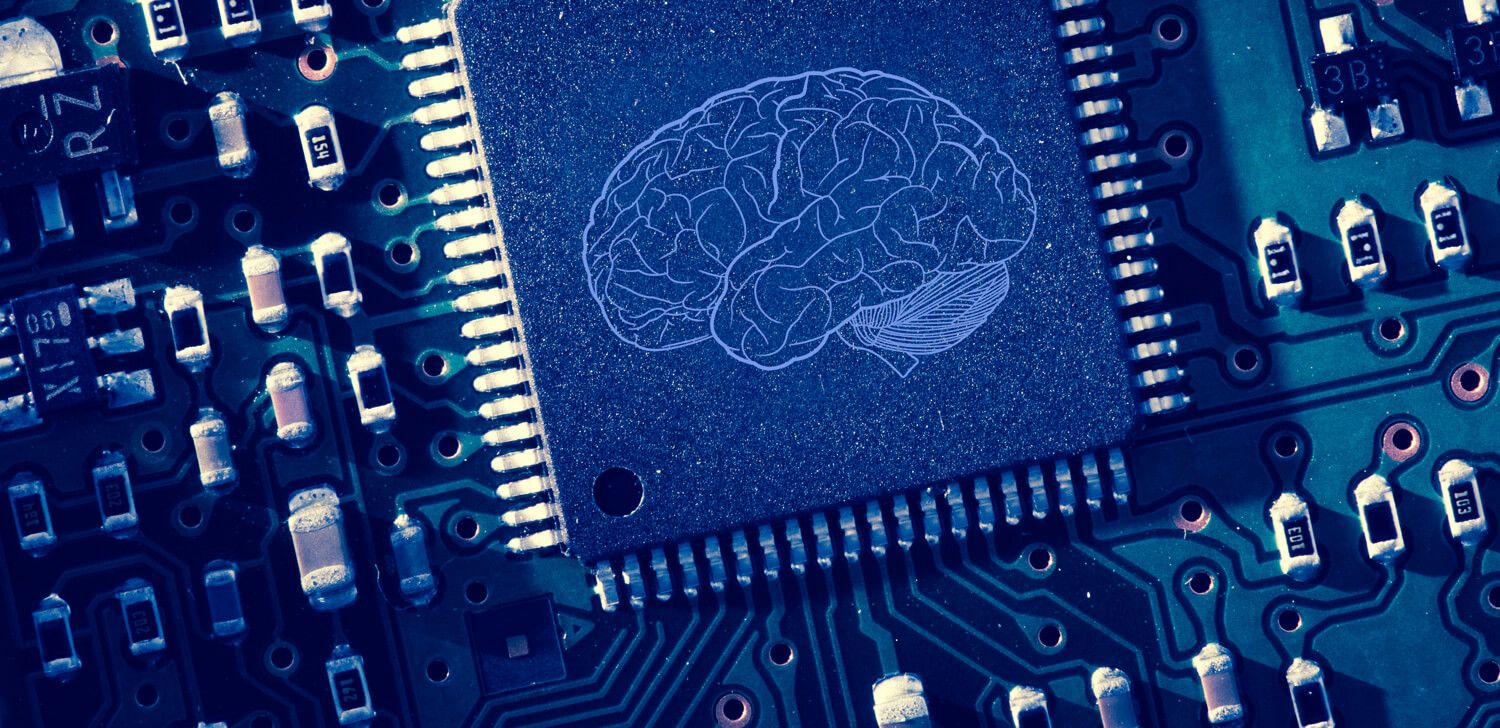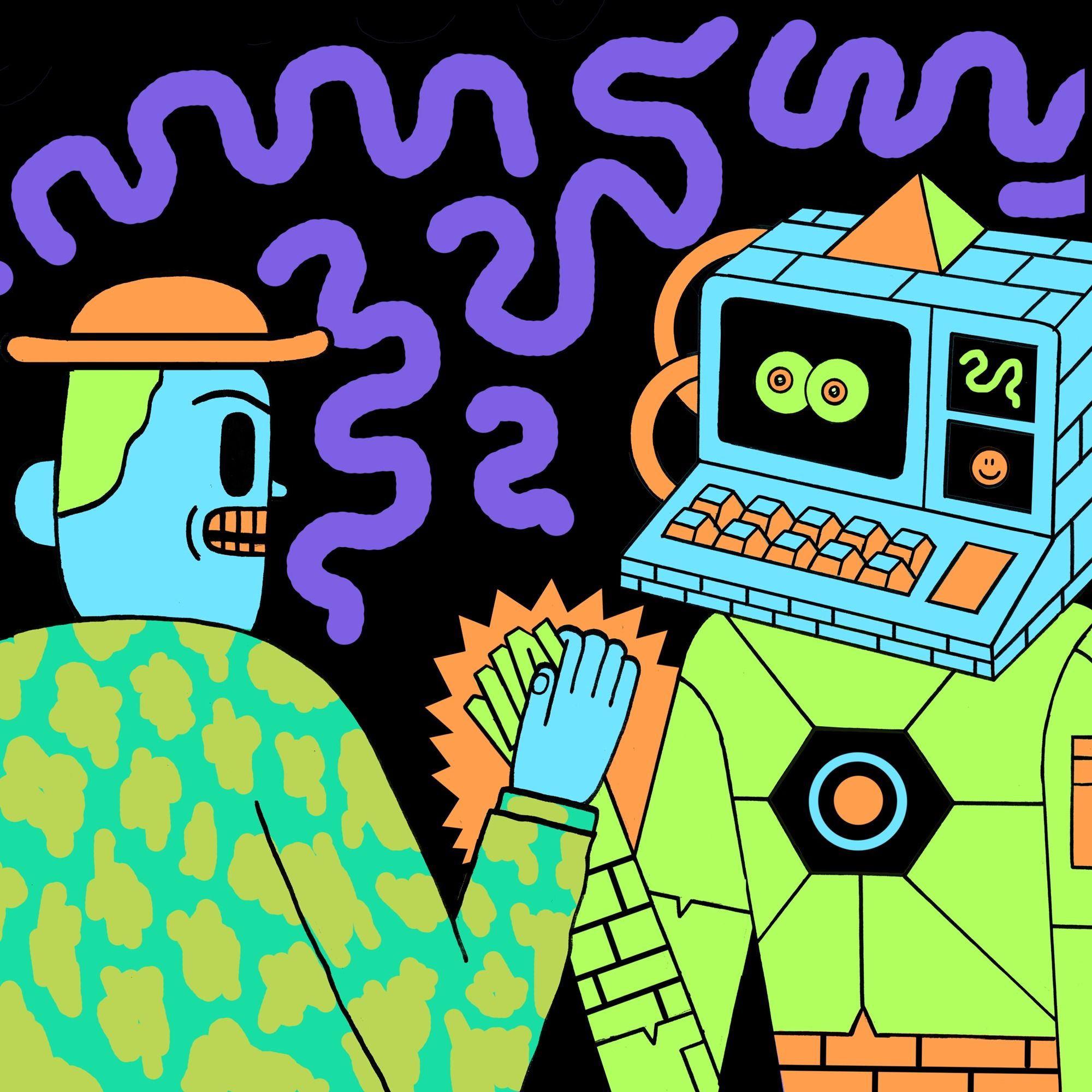Page 10890
Sep 5, 2016
Thousands to Receive Basic Income in Finland
Posted by Shailesh Prasad in categories: economics, employment
Over the course of the next year, Finland is putting Universal Basic Income to the test. Thousands of individuals are going to be getting a basic income to trial (what could be) the economics of the future.
The views and opinions expressed are solely those of the author. They do not necessarily represent the views of Futurism or its affiliates.
Finland is about to launch an experiment in which a randomly selected group of 2,000–3,000 citizens already on unemployment benefits will begin to receive a monthly basic income of 560 euros (approx. $600). That basic income will replace their existing benefits. The amount is the same as the current guaranteed minimum level of Finnish social security support. The pilot study, running for two years in 2017–2018, aims to assess whether basic income can help reduce poverty, social exclusion, and bureaucracy, while increasing the employment rate.

Wound-closure technologies are becoming less painful and more efficient at closing wounds.
Sep 5, 2016
Researchers Have A Vision: Cure Blindness
Posted by Shailesh Prasad in categories: biotech/medical, neuroscience
The government’s National Eye Institute is committing $12.4 million to research technologies that can regenerate damaged neurons.
Sep 5, 2016
A Look at IBM’s Watson 5 Years After Its Breathtaking Jeopardy Debut
Posted by Elmar Arunov in categories: biotech/medical, computing, robotics/AI
The year was 2012, and IBM’s AI software Watson was in the midst of its heyday.
Watson beat two of Jeopardy’s all-time champions a year earlier in 2011, and the world was stunned. It was the first widespread and successful demonstration of a natural language processing computer of its class. Combined with the popularity of Jeopardy, Watson became an immediate mainstream icon.
Later in 2012, IBM announced one of the first major practical partnerships for Watson—a Cleveland Clinic collaboration to bring the system into medical training.
Continue reading “A Look at IBM’s Watson 5 Years After Its Breathtaking Jeopardy Debut” »
Sep 5, 2016
Singularity: Is It Possible? Has It Already Begun?
Posted by Elmar Arunov in categories: employment, robotics/AI, singularity
Singularity: The technological singularity (also, simply, the singularity) is the hypothesis that the invention of artificial superintelligence will abruptly trigger runaway technological growth, resulting in unfathomable changes to human civilization.
Have you ever taken a look at the constantly accelerating world of technology and thought “what happens if these machines become more intelligent than us? Will they develop conscious thoughts and decide that we are inferior and wipe us out? Will they become our bff’s for being their creators? How come our jobs are rapidly being replaced by machines? What will be the role of humans if we are no longer the most intelligent beings? Is this at all even possible?”
I find these ideas interesting to think about and I think the notion of singularity is a possibility that should at least be considered. In this article I’m going to outline a few of the issues surrounding intelligent machines and advanced AI. As well as give some of my personal opinions about the topic.
Continue reading “Singularity: Is It Possible? Has It Already Begun?” »
There is a confusion about the difference between the Internet of Everything (IoE) and the Internet of Things (IoT). Here’s the difference. (Partner content)
Sep 5, 2016
This is All you Should Know About “The String Theory”
Posted by Elmar Arunov in categories: cosmology, quantum physics
String theory arrived in the public field in 1988 when a BBC radio series Desperately Seeking Superstrings was aired. Thanks to good marketing and its naturally curious name and characteristics, it is now part of popular discourse, mentioned in TV’s Big Bang Theory, Woody Allen stories, and countless science documentaries.
Sep 5, 2016
Artificial intelligence wants to be your bro, not your foe
Posted by Elmar Arunov in categories: computing, economics, education, employment, policy, robotics/AI, surveillance, transportation
The odds that artificial intelligence will enslave or eliminate humankind within the next decade or so are thankfully slim. So concludes a major report from Stanford University on the social and economic implications of artificial intelligence.
At the same time, however, the report concludes that AI looks certain to upend huge aspects of everyday life, from employment and education to transportation and entertainment. More than 20 leaders in the fields of AI, computer science, and robotics coauthored the report. The analysis is significant because the public alarm over the impact of AI threatens to shape public policy and corporate decisions.
It predicts that automated trucks, flying vehicles, and personal robots will be commonplace by 2030, but cautions that remaining technical obstacles will limit such technologies to certain niches. It also warns that the social and ethical implications of advances in AI, such as the potential for unemployment in certain areas and likely erosions of privacy driven by new forms of surveillance and data mining, will need to be open to discussion and debate.
Continue reading “Artificial intelligence wants to be your bro, not your foe” »

















